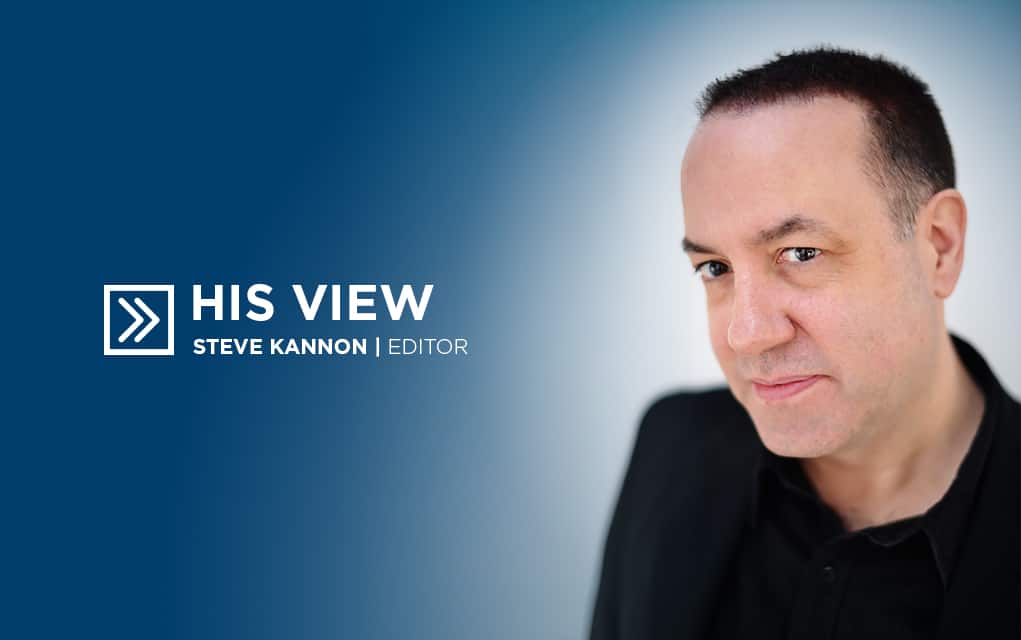;
;
;
Next Article
View from Here – June 28, 2018

Does the U.S. president’s attack on Canada’s goods and government boost the patriotic quotient July 1? That’s the date counter-tariffs come into effect, and the country’s 151st birthday, thankfully bereft of the wasteful and largely woeful Canada 150 hype. Trade wars and inanities aside, the fact we
Last updated on May 03, 23
Posted on Jun 28, 18
5 min read
